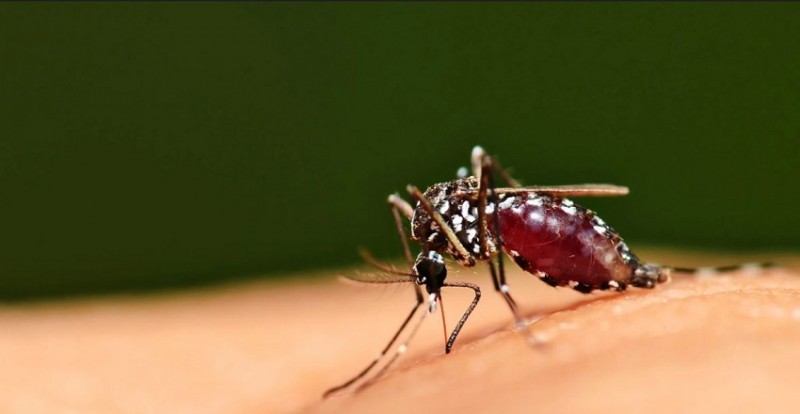
World Mosquito Day, celebrated annually on August 20, highlights the global importance of preventing mosquito-borne diseases. The day commemorates the discovery by British doctor Sir Ronald Ross in 1897 that female mosquitoes are responsible for transmitting malaria between humans. Over a century later, mosquitoes continue to pose a serious public health threat, spreading deadly diseases such as malaria, dengue, Zika, chikungunya, and yellow fever.
The Significance of World Mosquito Day
The aim of World Mosquito Day is to spread awareness about the impact of mosquito-borne diseases, which disproportionately affect tropical and subtropical regions. Millions of lives, especially those of children and vulnerable populations, are at risk from these diseases every year. Efforts on this day focus on promoting prevention strategies, supporting research into vaccines and treatments, and encouraging community participation in controlling mosquito populations.
Mosquito-Borne Diseases: A Global Concern
Mosquitoes are not just a nuisance—they are responsible for some of the deadliest diseases worldwide. Here's a look at some of the major mosquito-borne diseases:
Malaria: According to the World Health Organization (WHO), malaria affects more than 200 million people annually, with the majority of cases occurring in sub-Saharan Africa.
Dengue: Often called "breakbone fever" due to the severe pain it causes, dengue infects around 400 million people every year. It is especially prevalent in urban areas in Asia, Latin America, and the Caribbean.
Zika Virus: Known for causing birth defects like microcephaly in newborns, Zika outbreaks have occurred in South America, Central America, and Southeast Asia in recent years.
Chikungunya: Characterized by fever and joint pain, chikungunya has emerged as a global threat, with outbreaks in Africa, Asia, Europe, and the Americas.
Yellow Fever: Although vaccines exist, outbreaks of yellow fever still occur, particularly in parts of Africa and South America.
Preventing Mosquito-Borne Diseases
Prevention is the key to combating mosquito-borne illnesses. Here are some effective methods for protecting yourself and your community:
1. Use Mosquito Repellents
Applying mosquito repellent to exposed skin can prevent bites. Look for products containing DEET, picaridin, or oil of lemon eucalyptus for effective protection.
2. Wear Protective Clothing
Covering up as much skin as possible by wearing long sleeves, long pants, and socks can help reduce your risk of bites, especially during peak mosquito activity times such as dawn and dusk.
3. Sleep Under Mosquito Nets
Using mosquito nets, especially in regions where malaria is prevalent, provides an extra layer of protection while you sleep.
4. Eliminate Breeding Grounds
Mosquitoes breed in stagnant water, so it's essential to regularly empty water-filled containers like plant pots, bird baths, and gutters. Cleaning up areas where water can collect helps prevent mosquito larvae from developing.
5. Install Screens and Use Insecticides
Install window and door screens to prevent mosquitoes from entering your home. Insecticides and indoor spraying can also be used to kill adult mosquitoes in areas of high infestation.
Community Involvement and Public Health Initiatives
Global health organizations, governments, and NGOs work together to control and prevent the spread of mosquito-borne diseases. Public health initiatives often focus on:
Education and Awareness Campaigns: Informing communities about mosquito control and protection methods.
Vaccination Programs: Distributing vaccines where applicable, such as yellow fever vaccines in high-risk areas.
Vector Control: Using techniques like insecticide-treated bed nets, indoor residual spraying, and environmental management to reduce mosquito populations.
Looking Forward: Innovations in Mosquito Control
Recent years have seen innovative solutions aimed at tackling the mosquito problem. One such approach is the use of genetically modified mosquitoes that reduce the overall population by passing on genes that prevent reproduction. Researchers are also exploring the potential of bacteria like Wolbachia, which can be introduced to mosquitoes to block the transmission of viruses like dengue and Zika.
World Mosquito Day serves as a reminder of the ongoing fight against mosquito-borne diseases. It highlights the need for sustained efforts in prevention, education, and research. By taking simple precautions and supporting global health initiatives, we can work towards reducing the impact of mosquitoes and ultimately save lives.